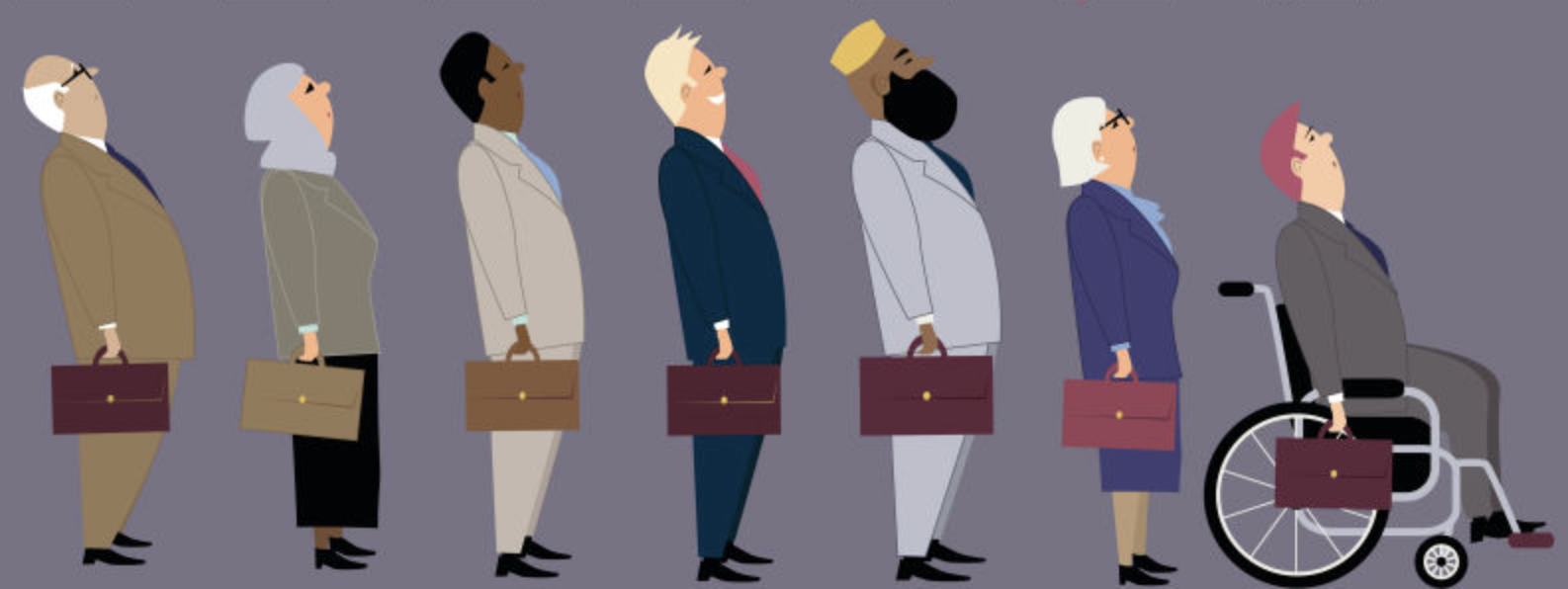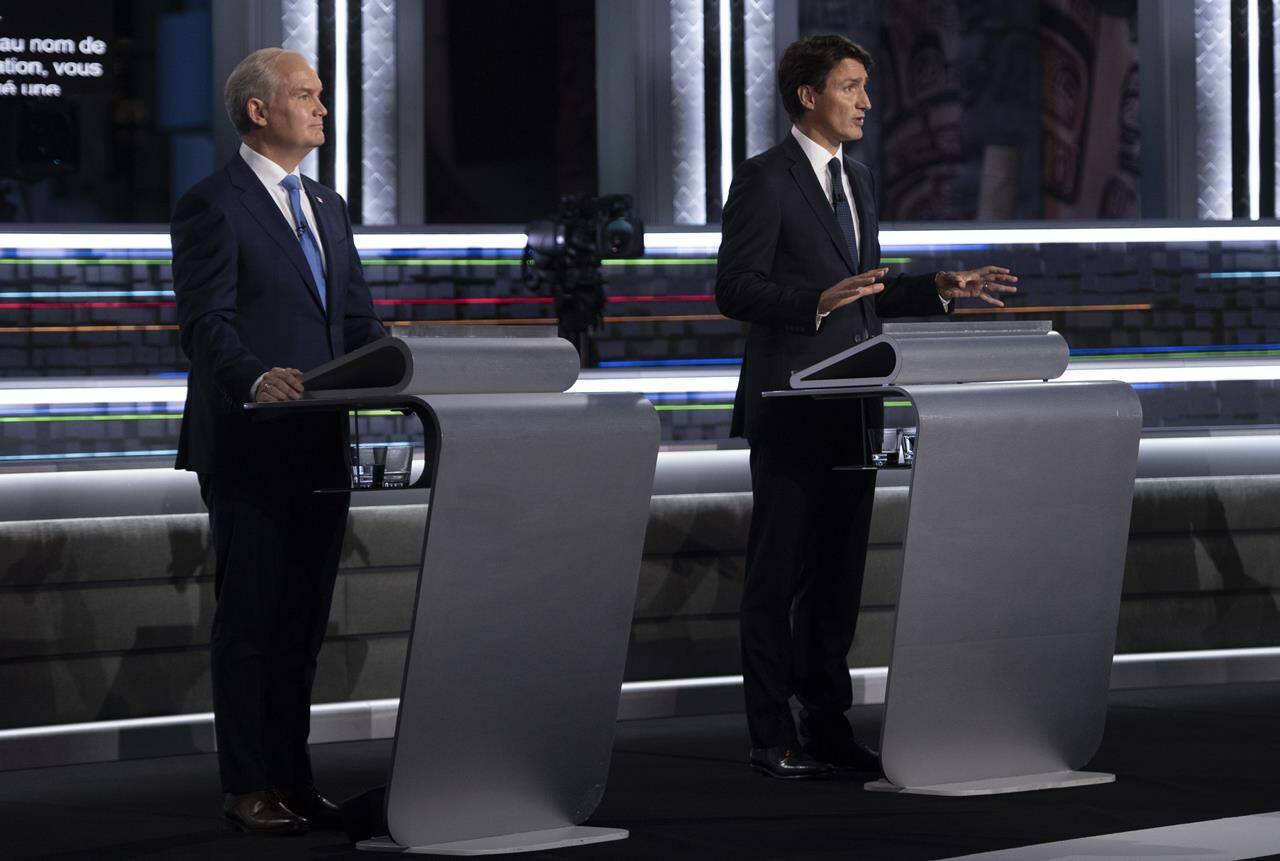By Tope Babalola
We need to talk about privilege for a second.
I think this word has taken on a completely new meaning in recent years, and not necessarily in the best way. Depending on who you talk to, the word ‘privilege’ can illicit a reactionary and defensive response. In some the word may conjure up an immediate feeling of discomfort. But why exactly is that? Since when has having privilege become offensive? When did privilege become such a dirty word and—more importantly—is this something we can change?
So what exactly is privilege? Merriam-Webster defines it as “a right or benefit that is given to some people and not to others.” Seem harmless enough, right? With this simple definition we should easily be able to reflect on the privileges seen in everyday life. The country you live in comes with its own set of privileges. Growing up in a two-parent household has its societal privileges too. Access to education, a roof over your head, food on the table—all privileges. So then why have so many people become so opposed to the mere possibility that they have benefited from some form of privilege in their lifetime? I think it comes down to a simple misunderstanding of what privilege really is.
One of the biggest misconceptions when it comes to privilege is that it can only be applied to financial status.“I can’t be privileged, I was born poor” or “I came from nothing and I worked hard for my money” or some variant of those phrases are the most common responses to an accusation of privilege. But the truth is, privilege isn’t exclusive to how much money you have. There are several other attributes that can improve a person’s social status. In Canada, being born white and/or identifying as a cisgender man has several indisputable privileges attached to it; not just financial, but societal as well. Yet, the concepts of white privilege and male privilege are probably two of the most contentious topics in our current social climate.
This leads to the second major misconception of privilege: many don’t realize that you can be privileged in one area and not in others. The best way I’ve heard privilege described is that having it doesn’t mean your life can’t be difficult, it means that your privileges aren’t reasons why it’s difficult. Circling back to white privilege, it doesn’t mean white people have never faced adversity — it means that them being white isn’t a contributing factor to said adversity. Canada, similar to the United States, has its roots in colonialism, white supremacy and the genocide of indigenous people, and many of the institutions and systems in place disproportionately affect people of colour. Be it job discrimination, bias in the medical field, bias in the educational system, or racial discrimination in the criminal justice system, systemic disadvantages toward people of colour are not only prevalent but widely documented.
This is not to say that BIPOC cannot achieve success in Canada because of a lack of certain privileges, it merely means that they have obstacles in their path. These obstructions can make it more difficult to achieve success, but not impossible. And this understanding should applied to every form of social privilege.
I myself am an able-bodied Black man. I was privileged enough to be born in Canada to two loving and hard-working immigrant parents. I received a private school education and lived in the suburbs. I’ve never had to worry about where my next meal was coming from. A lack of wheelchair accessibility has never prevented me from applying for a job. I’ve never had to worry about my reproductive rights being either over-regulated or criminalized. However, as a Black person who grew up in a predominately white city in the Prairies, I’ve experienced my fair share of racism. And I don’t have the privilege of pretending it doesn’t exist. But if anyone was to ask if I considered myself privileged, I wouldn’t hesitate to say yes. Because I know that even though there are systems in place that I don’t benefit from, I can recognize the systems in which I do. It’s important to remember that everyone has privileges of some kind. Literally everyone.
But why does any of this matter?
A failure to recognize our privileges can make us believe that they don’t exist at all, or that everyone has the same privileges. Our social circles and socioeconomic status can easily fool us into thinking everyone has it “just as easy.” Of course, our circles are very small, very curated sample sizes that don’t reflect the reality of the greater society we live in. But sadly, this “pull yourself up by the bootstraps” mentality ignores the many societal and systemic issues that work to hold people back.
So what can we do to fix this? I think it’s important to remember that there’s nothing wrong with having privilege. We did nothing to earn the privileges we were born with; it’s no one’s “fault” that we have them. We can’t be blamed for having privilege, but it’s still important that we acknowledge them. When people call someone out on their privilege, it’s not to blame them or condemn them; it’s asking them to take a step back and reflect on ways they may have had a leg up in ways that others did not. It can certainly feel uncomfortable realizing that the same systems that benefit us actively admonish others, but that really is the first step.
So check your privilege at the door, and recognize (and be thankful for) the opportunities that Canada afforded because of where/how/when/who you were born. We can’t solve a problem until we recognize that there is one. And if you still don’t consider systemic privileges to be a significant factor in determining success and social mobility, I guess that’s a privilege in and of itself.





